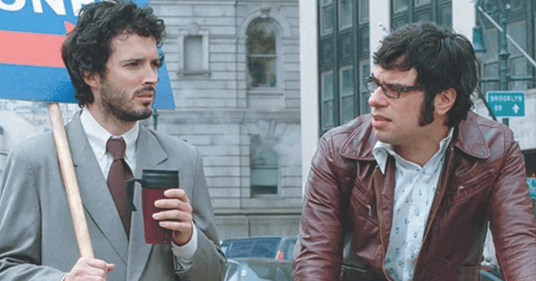Cooking with words
Last week I wrote my 54-year writing biography on LinkedIn. It encompassed falling in love with books, literary analysis, journalism, corporate writing, technical writing, blogging, novels, ghost-writing and academic writing. Each of these use a set of ingredients (words) cooked in a different way (style) to create a different meal (outcome).
This is what the different types of cooking with words have taught me:
When I fell in love with books, it was the magic of little black scratches on the page that created pictures in my head. I loved the musicality of language and the escape hatch to a new world that every story opened. As I grew older, and more keen to write books myself, I fell in awe of generations of writers who sat down at the page with no promise of success and did it anyway. It was a wild buffet of stories, imagination and words that made me hungry for more.
I learned literary analysis at school and university. It taught me to see patterns and connections between things that didn't at first seem connected. The challenge was pinning the experience of something allusive and fleeting into rational argument. Literary analysis is a nine course tasting menu with complex wine pairings.
Journalism taught me persistence, asking good questions and deadline adherence. I learned how to write the most important information first. It was like being a line cook in an frantic fast food restaurant: just as I served one story, I was already starting the next one.
Corporate writing is about simplifying complexity. It taught me how to take complex business strategy and serve it in accessible bites that everyone can relate to and understand. It's a deconstructed meal - breaking something down into its relative parts, but still showing that those parts relate to each other. Like strawberries, cream and meringue on the same plate, rather than an Eton mess.
Technical writing is a recipe in itself. I learned to understand what the user wanted to do, and then provide a step-by-step guide that was logical and pragmatic. I learned the importance of consistency, putting myself in the user's shoes and transforming complex developer-speak into rational steps. (Little known fact: my first book was actually an employee self-service user guide, written with a product manager and a senior developer.)
I started blogging as a stay-at-home mother of three. Through blogging I learned to catch a reader's attention with a snappy intro or headline, and then suck them in with good writing. My blog reached half million hits. It also gave me the courage to attempt a novel, and got me my first corporate gig when I decided to head back to work. Blogging is a snack. It can be a healthy snack of delicious chopped vegetables or it can be a late-night fridge foray of ice-cream and caramel sauce.
Novels. A novel is a cake. You make a promise (this is a chocolate cake) and then you go all out to combine a series of ingredients to produce something that is chocolatey, gooey, scrumptious, maybe slightly sickening, because after all, it's a chocolate cake. Novel-writing taught me all manner of things: determination, being goal-driven and professional, but it also taught me to weigh words, to invoke all the senses, to give the reader a specific experience. It's probably several cakes, not just one.
When I returned to work after a ten-year career break, I became an executive communicator and learned the dark art of ghost-writing. The skill in ghost-writing is to match an individual's tone and personality to the business objectives they need to communicate. It's about the how, and the how is different with every executive. Some communicators build long relationships with one executive, learn their tone and stick with them for years. I became the communicator you could parachute in anywhere, and I'd learn the executive's tone in minutes and be writing like them in days. Ghost-writing is the work of a chameleon. Or a very experienced writer. In food terms is veganism - making cheese or meat or dairy out of vegetables. A form of sorcery.
And now, thirty years since my last thesis, I'm about to embark on a 20,000 word extravaganza. This feast is the culmination of 18 months' learning at two extraordinary institutions - HEC Paris and Oxford University. At the end of it, all being well, I'll have an MSc in change leadership and will be able to say erudite things about change and leaders. I'm dipping my toe at this point, but so far I understand that academic writing is about clarity, questioning everything, setting clear goals and trying to meet them. I'm head chef of the restaurant now and success depends on my ability to orchestrate several moving parts. It's a big challenge, but I've got my clean white apron on and I'm ready to cook.
Photo by Tim Cooper on Unsplash

Charlotte Otter
Charlotte believes that in the attention economy, strategy and story need to be symbiotic.


